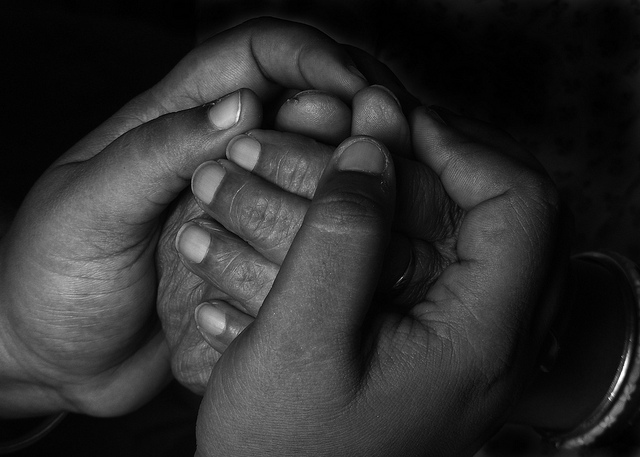Emergency rooms can be dangerous places, particularly for older adults who are generally more vulnerable than working people. For that reason, AP reports on an emerging breed of ERs, designed to provide better care and shorter stays for people over 65. More than 100 hospitals in the US now have geriatric ERs or ER staff trained in geriatric care.
What is a geriatric ER? It is an ER with nurses and other care professionals trained to meet the needs of people with Medicare. In a geriatric ER, patients are asked questions not traditionally asked to determine their mental status, their home situation, their social network and their care wishes. Among other things, the goal is to rule out delirium and determine how safe it would be to return the patient home quickly without a hospital stay.
Doctors and other health care professionals recognize that hospitals are breeding grounds for delirium, infection and physical deterioration. The data suggest that some three in ten older adults leave the hospital with hospital-acquired health problems, unrelated to the cause of their hospital admission.
Of course, it is important that no one be discharged home from an ER unless they will be safe. As a result, many doctors, fearing the risk of premature discharge, admit older patients into the hospital unnecessarily after an ER visit. To address this issue, hospitals are now training doctors to recognize that sending an older patient home is often safer than admitting that patient to the hospital. And, they are providing patients with the needed supports to be safe at home.
In geriatric ERs, staff have the time and resources to arrange home supports for a patient. These supports can include home health aides, physical therapists, nutritionists and other care professionals. And, preliminary observational data of more than 52,000 ER patients suggests that geriatric ER care limits the need for an inpatient hospital admission.
Medicare is encouraging these innovations, through financial incentives that both deter hospitals from providing unneeded care and promote quality.
Here’s more from Just Care:
- Delirium common for older adults in hospital
- To prevent medical mistakes and delirium, stay on top of care needs when moving from one facility to another
- Medicare covers physical, speech and occupational therapy
- Choose your emergency room carefully
- Two tips for keeping your emergency care costs down










